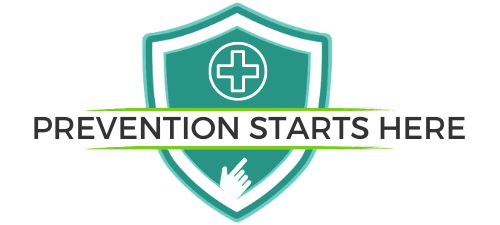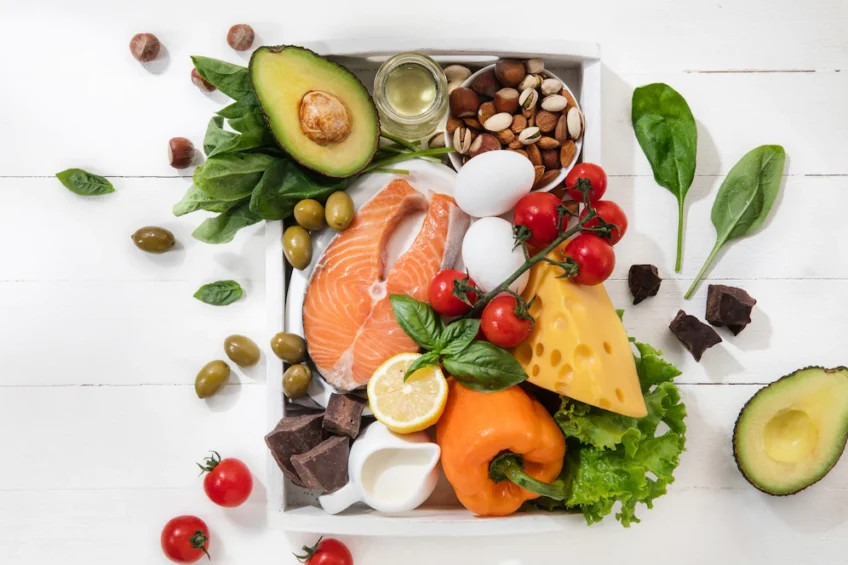We are what we eat – but that isn’t always a good thing. By reducing our exposure to toxic chemicals in our food, we reduce our risk of disease
1. Choose organic fruits and veggies—avoid pesticides
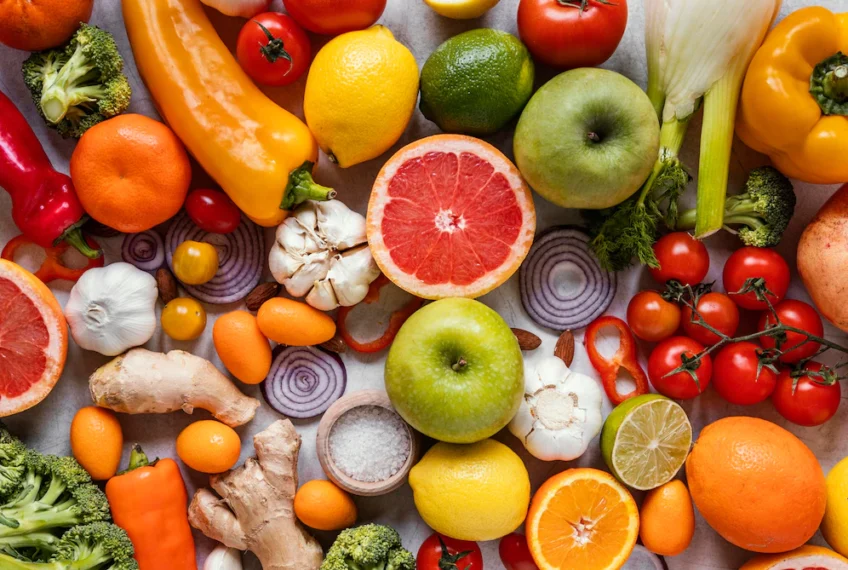
Pesticides are formulated with the intent of destroying pests—it’s no wonder that they’re harmful to our health as well. Studies have shown that some herbicides and pesticides stimulate growth of breast cancer cells or cause mammary cancer in rats. Therefore, you should go for certified organic produce, which is grown without toxic pesticides and herbicides.
2. If you eat meat, choose hormone-free

The synthetic growth hormone Zeranol is one of the most widely used chemicals in the U.S. beef industry, even though it’s been banned in the European Union since 1989. It mimics estrogen and studies have shown cancer cells exposed to Zeranol-treated beef show significant increases in cancer growth.
3. Avoid canned foods
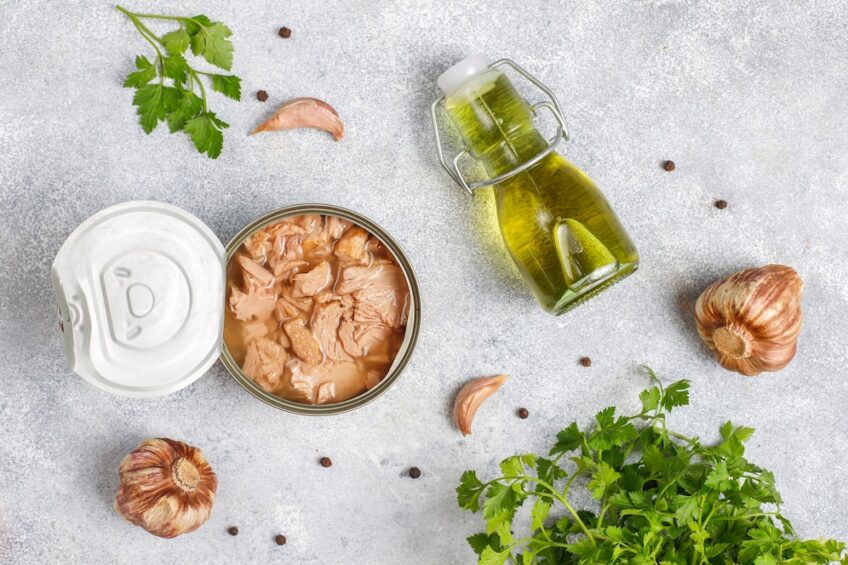
While the endocrine-disrupting chemical bisphenol A (BPA) has been banned from baby bottles, sippy cups, and infant formula packaging, it is still widely used to line food cans. More than 300 laboratory and human studies have linked low levels of BPA exposure to a staggering number of health problems, including breast cancer, prostate cancer, infertility, early puberty, and diabetes. Even minuscule amounts have been shown to disrupt normal prenatal development. Avoid canned foods and learn more.
4. Ditch Teflon® Pots and Pans
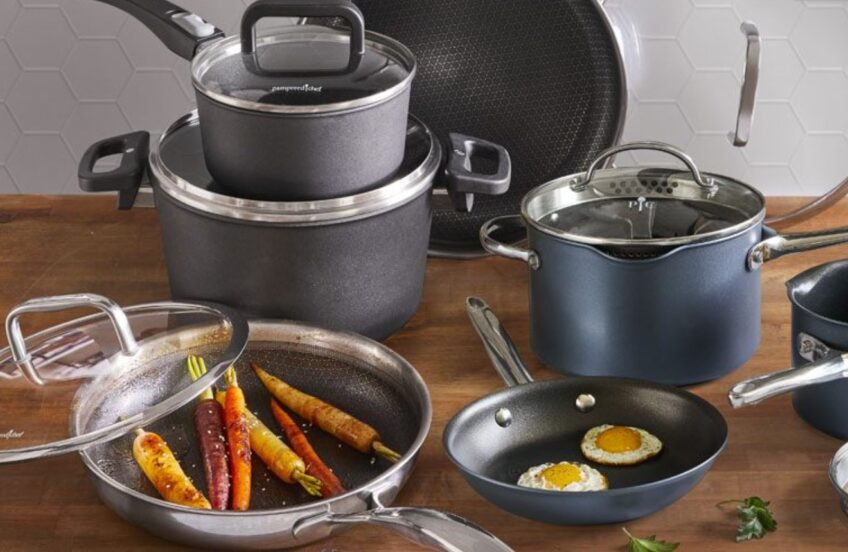
Compounds called PFCs are used in non-stick cookware. They may keep food and stains from sticking, but they stick around in the environment and the body for a long time. Make the switch to cast iron or anodized aluminum cookware when it’s time to replace your old pots and pans. Prioritize replacing the cookware used over high heat and pieces that are scratched
5. Catch Some Non-toxic Seafood
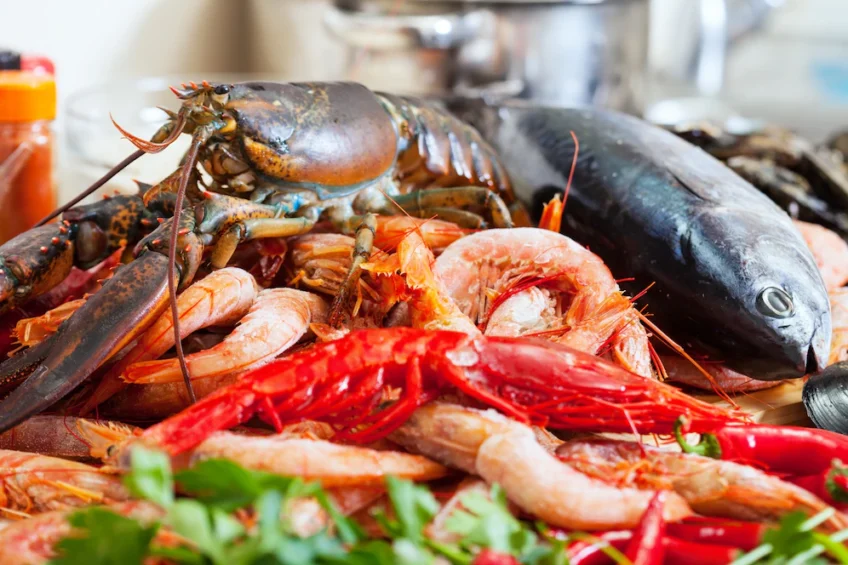
In addition to mercury, seafood can also be contaminated with high levels of PCBs and dioxins (which you should especially avoid when pregnant). Buy farmed fish that are lower on the food chain; for larger fish like salmon and sea bass, buy wild-raised. And limit consumption of fattier fish, like lake trout, or fish that are bottom dwellers, like wild catfish.
